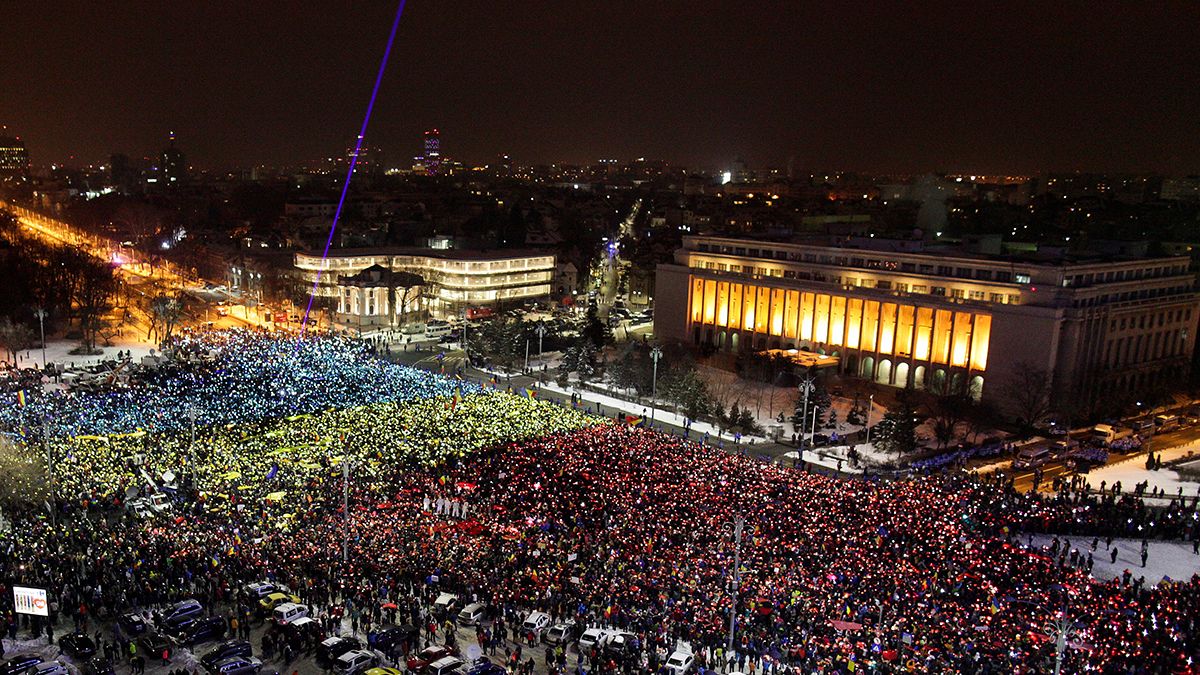Council of Europe is ready to provide its expertise on fight against corruption to Romania
By Panos Kakaviatos, a Council of Europe spokesman
Corruption in government – from conflict of interest and trading in influence, to graft and bribes – is nothing new. But measures taken to effectively fight it are.
We published a report this month, for example, which pointed out that in spite of the commendable progress made in recent years by Austria in domestic anti-corruption policies, those for parliamentarians are still at an early stage. Austria is a modern, well-developed democracy in the heart of Europe, and yet like many other such advanced nations, much work still lies ahead to make corruption something unacceptable.
Our report on Austria pointed out that in recent polls over 30% of respondents still consider it acceptable to offer a gift or a favour in order to obtain something from the public administration or a public service. This percentage was significantly higher than the EU average. Among other measures, we recommended that rules needed to manage conflicts of interest when they arise and a code of conduct should be put in place to regulate the general behaviour of elected officials.
In less than two months this year alone, three further country reports – on Georgia, Italy and the United States of America – made similar recommendations for improvement.
Corruption damages the economy, negatively affecting potential growth and job creation, in both the public and private sectors. It undermines trust in democratic institutions and threatens human rights and the rule of law. Corruption makes our societies less equal and less fair.
So when corruption practices are considered acceptable or go unpunished, the borders between what is good and bad – between what is ethical and unethical, or even criminal – become blurry. Faith in democratic values is weakened.
Current events in Romania remind us that corruption can destabilize democracy. Many people in Romania have been protesting against government plans to grant prison pardons and decriminalise some offences through emergency decrees, which could weaken anti-corruption measures.
Council of Europe Secretary General Thorbjørn Jagland has made it clear that we are following developments there closely. Mr. Jagland was in contact with Romanian authorities as the protests were taking place, and stressed that the Council of Europe’s anti-corruption body GRECO – the Group of States against Corruption – is available to provide its expertise.
What is GRECO?
When the Council of Europe – which now has 47 member states, based in Strasbourg – was created in 1949, the founding states affirmed their devotion to individual freedom, political liberty and the rule of law: principles which form the basis of genuine democracy.
Much needed to be done in the post-World War II period and during the Cold War to achieve these goals, starting with the European Convention on Human Rights. We fought hard to end the death penalty in Europe, for example, before seriously attempting to curb unfair influence peddling.
When the Berlin Wall fell and new member states joined us, a united effort began to fight corruption as well. Ministers of Justice met in 1994 to address pressing challenges associated with corruption. And between 1997 and 2003, states adopted a series of international instruments to combat bribery, trading in influence, corruption in politics and in the private sector and in international public and business relations. GRECO was established in 1999 to monitor implementation of these standards, on the basis of mutual evaluation and peer pressure.
It has completed four “evaluation rounds” and has adopted more than 180 specific country evaluation reports, including those aforementioned, so far this year, and an even larger number of compliance reports analysing progress.
Why preventive measures are instrumental
The fight against corruption is something fairly new when compared to human rights policies, which have been in place for several decades. For example, corruption-related expenditures remained tax-deductible in many countries until international standards were enacted against that practice.
Speaking on 9 December 2016 – International Anti-Corruption Day – GRECO President Mr. Marin Mrcela stressed that combating corruption is not only a matter of enacting new laws, but also of ethics and individual behaviour, implying a change in people’s hearts and minds: a formidable challenge.
To overcome this challenge, preventive measures can help restore trust in institutions: dealing with aggressive gift and hospitality or lobbying practices, before they turn into criminal offences, for example. The public needs to see that dubious practices are not tolerated, that effective disciplinary mechanisms are in place so that laws are respected and bad behaviour penalised. Because elected officials and political institutions personify the authority of the state, their conduct must be nothing short of exemplary.
In that vein, preventive measures to change attitudes towards corruption and to secure integrity in core state institutions are priorities. For without reliable executive, political, judicial and law enforcement institutions, anti-corruption policies are ineffective.
Thus GRECO has decided to devote its latest round of evaluations to integrity and anti-corruption measures for top executive functions and in law enforcement bodies, which will complement our work with respect to fighting corruption in parliaments and justice systems. This new round starts this year.
For democracy to thrive, society must able to trust its institutions. As the famous 18th-century American statesman Benjamin Franklin once said, an ounce of prevention is worth a pound of cure.
Panos Kakaviatos is a Council of Europe spokesman
The views expressed in opinion articles published on euronews do not represent our editorial position
